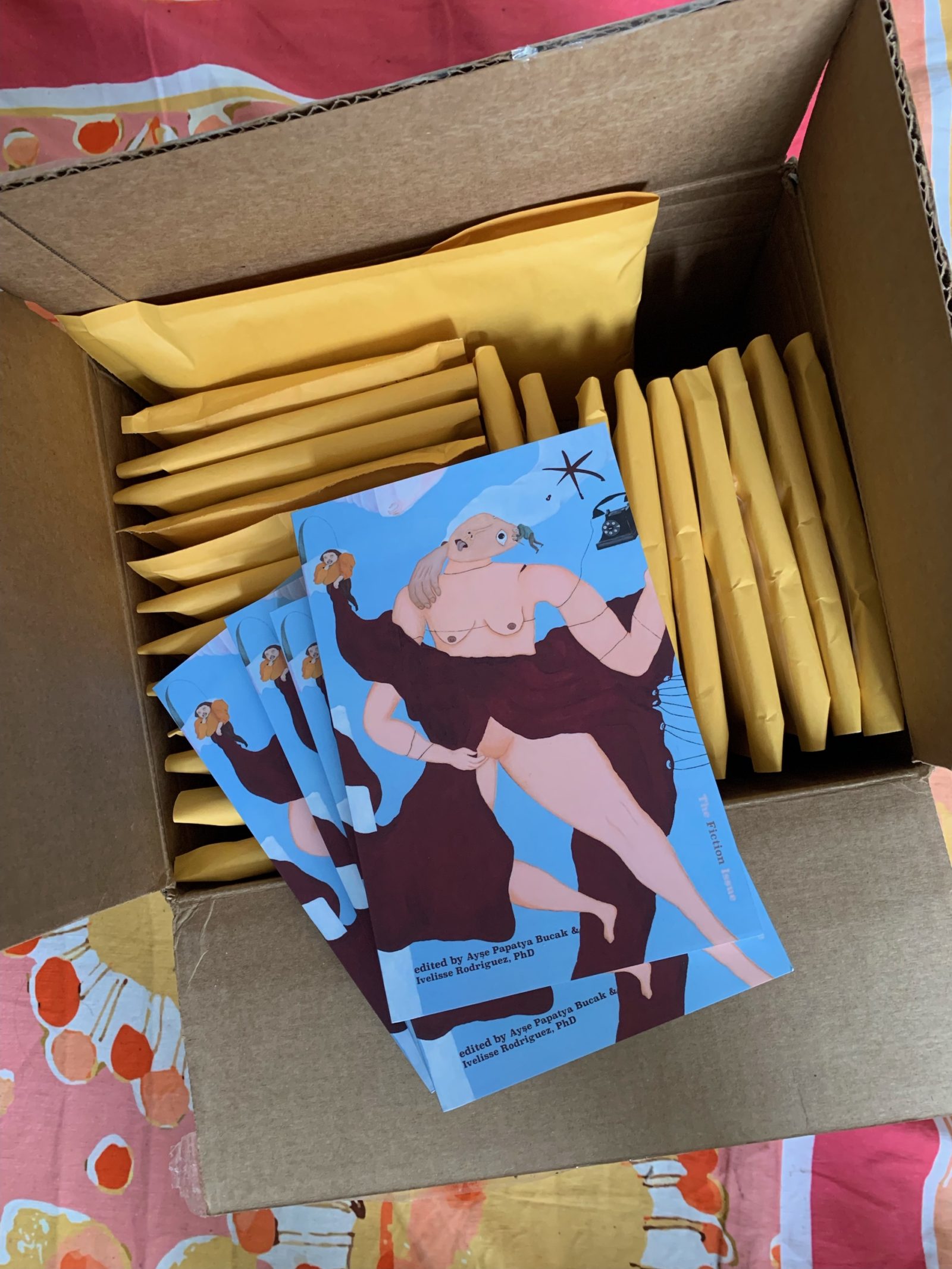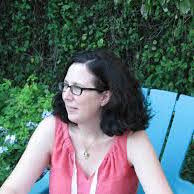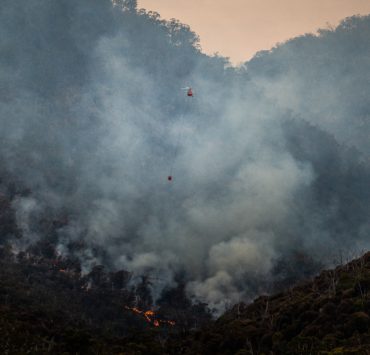
When Zadie Smith published her short story “Two Men Arrive in a Village” in The New Yorker, she said in an interview that her goal was to write a short story that was both specific and universal. She said, “I started thinking of all the ways the local and specific enable one kind of engagement and potentially block another, particularly when you’re talking about violence. ‘Oh, that’s just what happens in Africa,’ or ‘Well, Eastern Europe has always been like that.’ Sometimes the specific details allows us to hold certain situations at a distance. [It] made me wonder: Is it possible to write a story that happens in many places at many times simultaneously? That implicates everybody?”
Smith wanted to place “Two Men Arrive in a Village,” a story about military men assaulting village women, into a context that was not without time and place, but rather was in every time and place. In so doing, Smith made clear just how big a short story can be.
I think sometimes writers conflate short stories with small stories. Stories have to be focused and quick, critics seem to suggest. But what I love about short stories is just how big they can be within a small space. How they can implicate everybody while being about somebody.
The stories in this issue of Aster(ix) are big stories told in small spaces, by writers from all over the world. They are also, like Smith’s story, both specific and universal.
Their individual similes and metaphors may be different –
take “Baby is beautiful. Like a slab of soft butter, a jar of clear ghee” from “Baby and Lina” by Amy Olassa
or “… their laughter, thin and sugary as capulin jam…” from “Snap This Photo of Two Good Men” by Catalina Bartlett
or “This was you shouting big, squeezing all your face into one tight ball like you ate too much impwa” from “The Last Last Resignation” by Mubunga Kalimamukwento
or finally “Since last Sunday’s dinner at Sue’s, I couldn’t stop thinking about strawberry shortcake. Soft crumbly bread the color of lotus petals and strawberry bits somehow made sweeter by smooth white cream have made even runny eggs in soy sauce pale in comparison” from “Today I will Bake A Cake” by Layhannara Tep
–that is to say, each cultural setting may be different–but the feelings and relationships and rites of passage evoked by each story are shared by so many humans across the globe.
In my experience, readers tend to be one of two types: those who wish to see their own experiences in the stories they read and those who wish to see experiences previously unknown to them in the stories they read. I’m a reader who wants both—to recognize my shared humanity in the characters and to enter a life I have not myself lived. These authors take us to settings as far ranging as a Chinese cemetery in Jamaica in “Bank of Paradise” by Monique McIntosh, a grocery store in Beaverton, Oregon and a Cambodian refugee camp in “Today I Will Bake a Cake,” a beauty salon in India in “Lina and Baby,” and a Turkish prison in Sabahattin Ali’s “The Wall”. While each of these places was new to me, the range of emotions exhibited by the characters were not. There’s been lots of talk over the years about how literature teaches us to feel empathy for other people, but what each of these stories really teach us is there is no such thing as other people, there is only us.
– Ayşe Papatya Bucak
Guest Co-Editor of The Fiction Issue
The Fiction Issue Table of Contents
- “Dear Short Story” by fellow guest co-editor, Ivelisse Rodriguez
- “Time Wave” by Racquel Goodinson
- “LINA AND BABY” by Amy Olassa
- “Betty Davis Eyes” by Hannah Eko
- “Today I Will Bake a Cake” by Layhannara Tep
- “Last-Last Resignation” by Mubanga Kalimamukwento
- Selected micro-fictions from The Amaranta Project, translations of all by Kianny N. Antigua
- “Awake” by Kali Fajardo Anstine
- “Germinates” by Kianny N. Antigua
- “Answer” by Jennifer Croft
- “Your Daughter Refashions the Flag into a Crop Top” by Rosa Alcalá
- “Unfading” by Nathalie Handal
- “Feedback Loop” by Nelly Rosario
- “Snap This Photo of Two Good Men” by Catalina Bartlett
- “Quimbamba” by Yolanda Arroyo Pizarro, translated by Lawrence Schimel
- “The Wall” in English and Turkish by Sabahattin Ali, translated by Aysel K. Basci
- “Escape” by Toni Margarita Plummer
- “The Bank of Paradise” by Monique McIntosh
The Fiction Issue is available for purchase at:
book shop | amazon | abe books

Ayşe Papatya Bucak teaches in the MFA program at Florida Atlantic University. Her prose has been published in a variety of magazines, including Kenyon Review, Prairie Schooner, Creative Nonfiction, Brevity, and The Rumpus. Her short fiction has been selected for the O. Henry and Pushcart Prizes. She is a contributing editor for the literary journal Copper Nickel.







